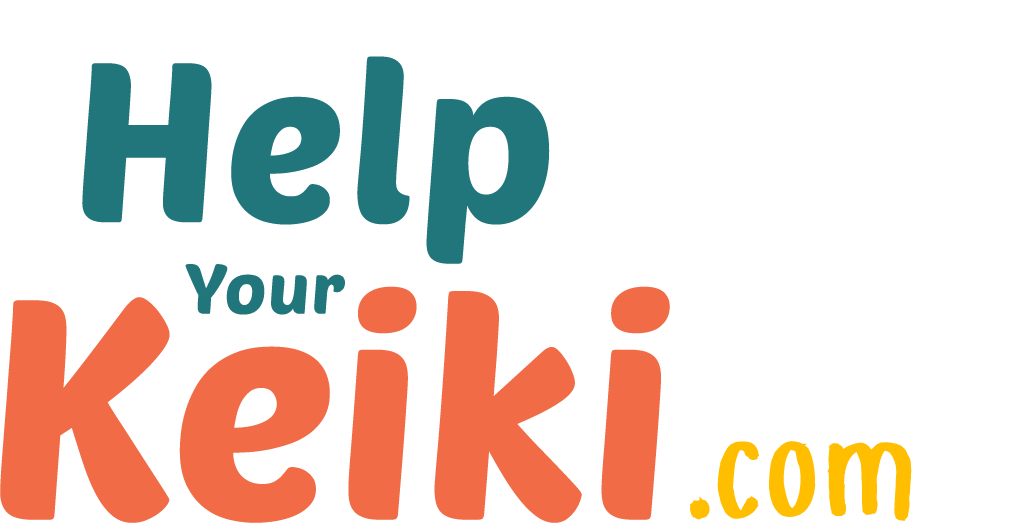Trauma-Focused CBT [TF-CBT]
This therapy focuses treatment efforts on a traumatic event. TF-CBT supports clients in learning coping skills and how thoughts are related to their feelings and behaviors. Often times this will include writing a story about the traumatic event as well as developing skills to relax and think about the event differently. There is evidence that this type of therapy works with both children and adults.
This evidence-based approach is typically made up of several treatment components, and has demonstrated the BEST support for youth difficulties with traumatic stress.
What should my child’s therapist be doing?
In family-friendly language, educating you and your family on the effects of trauma on youth development.
Normalizing trauma-related difficulties and instilling hope about the treatment approach.
If your child is engaging in disruptive behaviors (e.g., tantrums) related to the experience or re-experiencing of their trauma, teaching you parent management training strategies.
Teaching your child relaxation and cognitive coping skills
Helping your child construct a “trauma narrative,” which is a re-telling of the traumatic event in your child’s own words/expressions. The three important reasons for doing a trauma narrative are:
Putting the traumatic experience within the context of their life
Reducing avoidance behaviors and decrease hyperarousal problems
Restructuring overly negative thinking patterns
In a slow and structured way, complete exposure exercises to relevant situations that still cause day-to-day difficulties.
Facilitate communication between parent and child regarding traumatic event and the newly developed skills above.
Teaching your child safety skills to increase their safety awareness.
What should I be doing?
Actively supporting your child and the development of their skills. This will involve helping them practice these skills through therapy homework.
Provide your child a non-judgmental and safe environment to continue skill development.
How will I know if it is working?
Your child’s difficulties with avoiding things associated with the traumatic event will decrease.
Your child will have less problems with hyperarousal (e.g., sweating, shaking, crying) when reminded of the event.
Your child will have reduced flashbacks (e.g., intrusive thoughts, nightmares) about the event
Your child will have less self-blame and overly negative feelings about the event, and will be able to view the event within the bigger context of their life (i.e., the traumatic event is not the thing that defines them).
Your child will have more safety awareness skills.





















